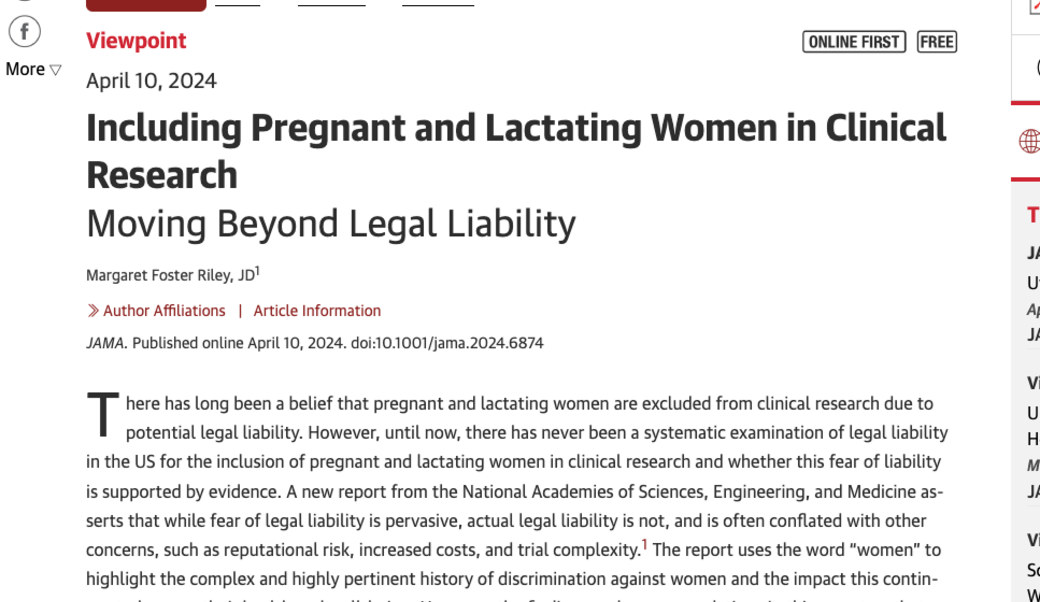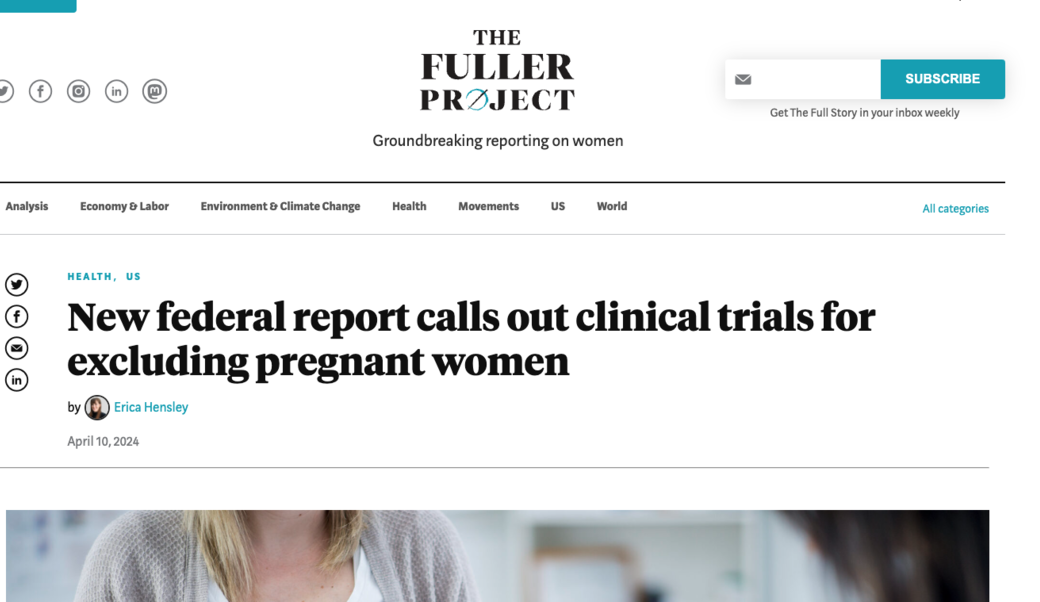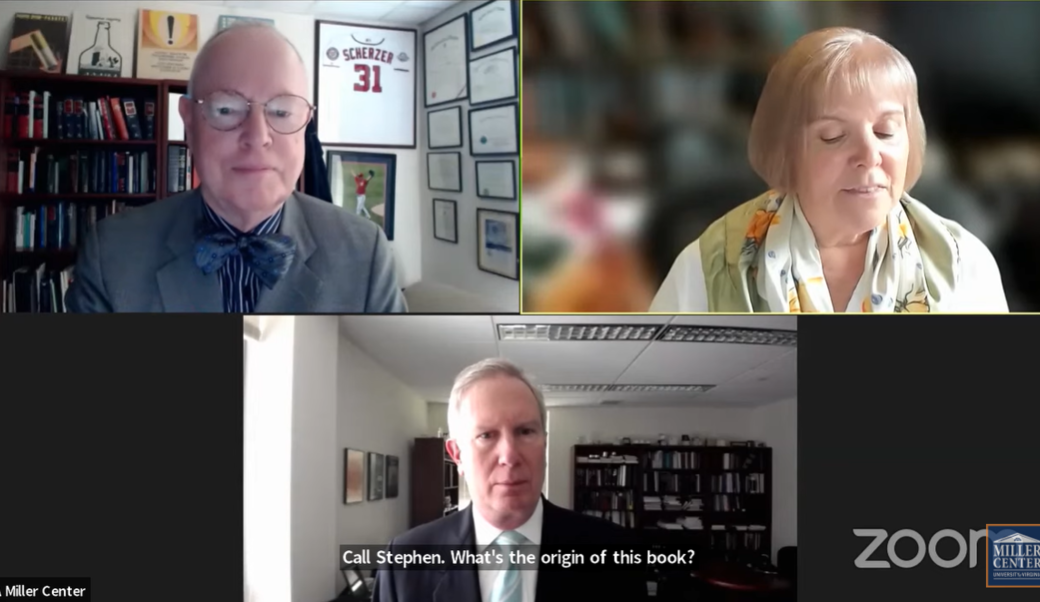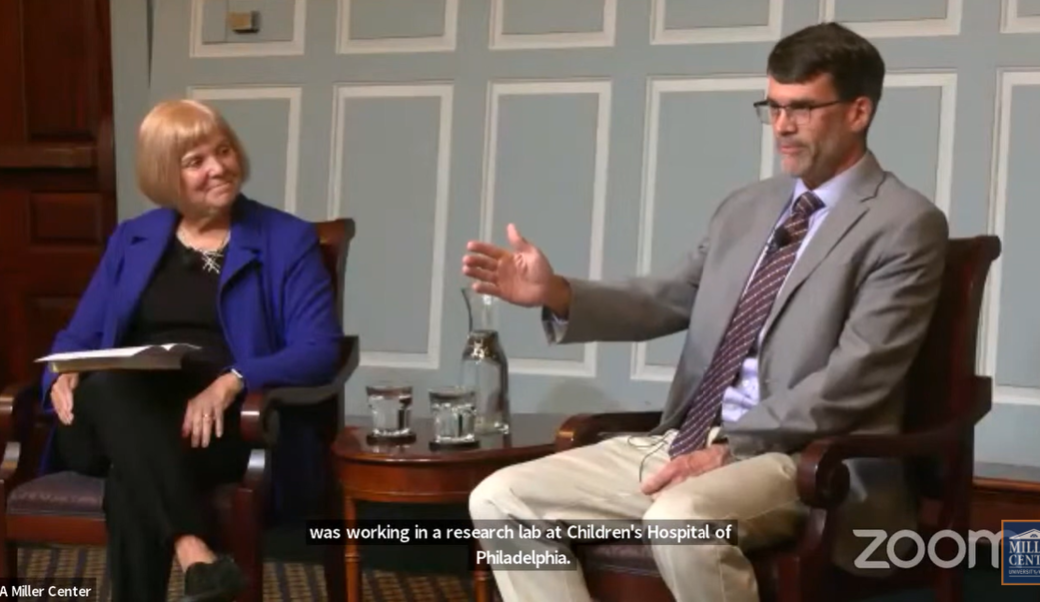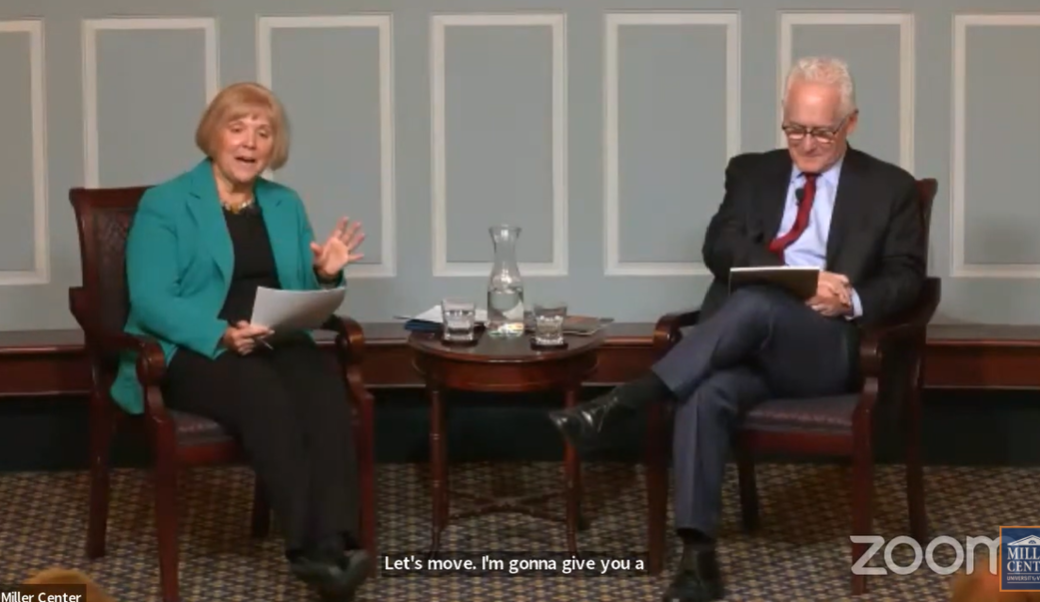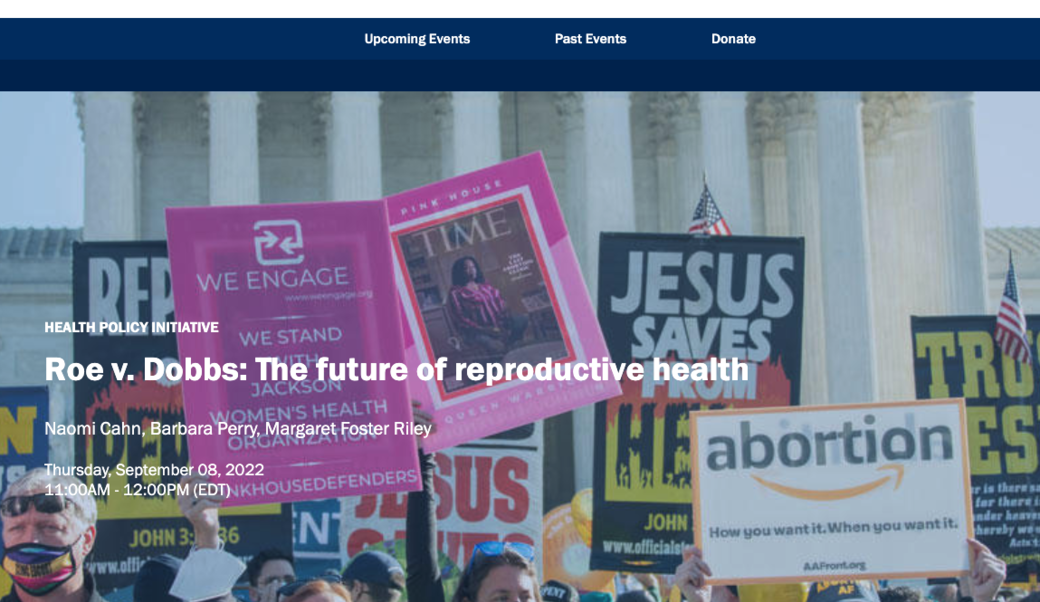Fast Facts
- Chair, UVA's Embryonic Stem Cell Research Oversight Committee
- Director, UVA School of Law Animal Law Program
- Served on four National Academies of Science committees
- Expertise in food and drug law, health law, animal law, bioethics, regulation of clinical research, public health law
Areas Of Expertise
- Domestic Affairs
- Health
- Law and Justice
- Science and Technology
- Social Issues
Margaret Foster Riley, Dorothy Danforth Compton Professor at the Miller Center, is professor of law at UVA Law School, professor of public health sciences at the UVA School of Medicine, and professor of public policy at the University’s Frank Batten School of Leadership and Public Policy. She also directs the Animal Law Program at the law school.
A scholar working in the intersection of law, regulation, policy, and ethics in the Life Sciences, Riley has written and presented extensively about health care law, biomedical research, genetics, food and drug regulation, reproductive technologies, human and animal biotechnology, and public health. She is currently a member of the NIH NExTRAC, a FACA committee that advises the NIH Director on issues concerning emerging biotechnologies. She served on four National Academies committees: the Committees on Revisions to the Common Rule for the Protection of Human Subjects, Assessing Toxicological Risks to Human Subjects, Assessment of the Care and Use of Dogs in Biomedical Research Funded by or Conducted at the U.S. Department of Veterans Affairs, and Pain Management and Regulatory Strategies to Reduce Prescription Opioid Abuse (consultant to the committee).
Riley has advised numerous state and federal agencies, including the Food and Drug Administration; the Environment Protection Agency; the Department of Defense; committees of the National Institutes of Health, the National Science Foundation, and the National Academies of Science, Engineering and Medicine; the Virginia Department of Health; and the Virginia Bar.
Prior to her academic career, Riley was an associate at Rogers & Wells, a law firm in New York, and at Pepper, Hamilton & Scheetz, a law firm in Philadelphia. From 2017-2019, she served as the faculty member of the University of Virginia’s Board of Visitors.
Riley earned her law degree from Columbia University and her BA from Duke University.
